- Write by:
-
Thursday, December 15, 2022 - 10:48:00
-
184 Visit
-
Print
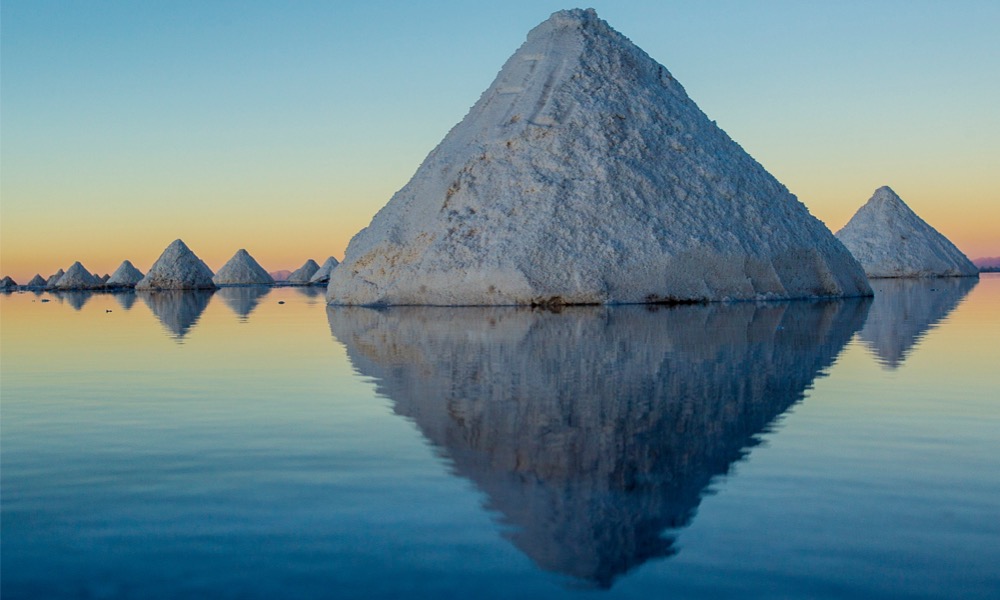
Mining News Pro - BMO Capital Markets picked state control of China’s raw material purchases as one of its key themes of 2023.
According to Mining News Pro - In July, China announced the biggest shake-up of the global iron ore trade in more than a decade, establishing a centralised buyer for the steelmaking raw material.
Xiongan-based China Mineral Resources Group, led by the who’s who of the national steel industry, will also be responsible for China’s largest overseas iron project – Simandou in Guinea – which is central to the country’s efforts to lessen its reliance on iron ore imports.
China is responsible for more than three-quarters of the seaborne trade that has ballooned to more than 1.4 billion tonnes per year, making it the second most traded bulk commodity after crude oil. In industrial metals and minerals China also consumes more than 50% of global output.
BMO Capital Markets picked state control of China’s raw material purchases as one of its key themes of 2023.
So far top iron ore producers BHP, Rio Tinto, Fortescue and Vale have played down the possible impact of the China strategy and BMO says while there have been efforts by Beijing to invoke some price control, or to set up so called lead buyers, it has proven “extremely ineffective” in the country’s massive steel industry of over 1,000 mills:
“However, this time round the SRG has been fully funded by the banks and given both explicit government backing and top billing at many industry conferences. This time around, it is a lot more serious, and the supply side of the iron ore industry is still working out the playbook.
“Interestingly, where we have seen Beijing try and control commodity markets before through contracts, such as in thermal coal, the net effect has been a high and volatile spot price.
“Meanwhile, should the SRG be successful in iron ore, we might expect its mandate gets broadened to other commodities where China is short, such as copper concentrate, bauxite or lithium.”
Iron ore prices have fallen back to earth after setting all times highs above $200 a tonne in the summer of 2021 with benchmark prices for imported 62% iron content fines imported into China then dipping below $100 a tonne in November.
While the trade in lithium is a different beast than iron ore, China’s position in downstream supply chains for the battery metal is even more dominant. The country only mines 13% of the world’s lithium but controls 44% of global lithium chemical production, 78% of cathode production and 70% of cell manufacturing for the electric car industry.
Lithium prices have defied predictions of a sharp pullback, and Chinese battery grade lithium hydroxide is up 157% year-to-date averaging more than $80,000 a tonne in November, according to Benchmark Mineral Intelligence. Lithium carbonate prices have followed a similar trajectory.
Benchmark says while signs of a downturn in the second half of last month were evident, there are concerns emerging in the Chinese market as a result of reports of environmental issues at lepidolite projects in Yichun, Jiangxi Province.
If production halts in Yichun continue, this could drive some upward pricing sentiment in December, the London-HQed firm said in its latest market assessment.
Short Link:
https://www.miningnews.ir/En/News/622445
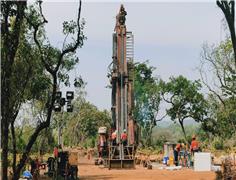
A prefeasibility study for Predictive Discovery’s (ASX: PDI) Bankan gold project in Guinea gives it a net present value ...
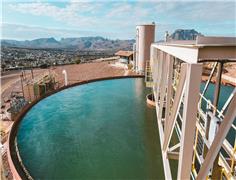
A Native American group has asked all members of a US appeals court on Monday to overturn an earlier ruling that granted ...
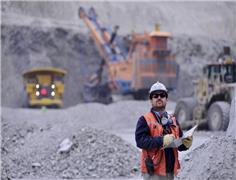
Codelco is exploring more partnerships with the private sector as Chile’s state copper behemoth looks to recover from a ...
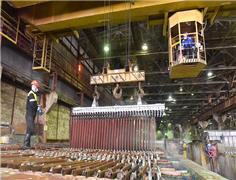
The London Metal Exchange (LME) on Saturday banned from its system Russian metal produced on or after April 13 to comply ...
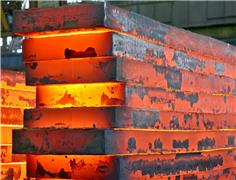
Iron ore futures prices drifted higher on Thursday as the latest soft data from top consumer China triggered renewed ...
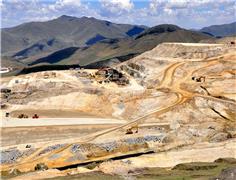
Peru’s Las Bambas copper mine, owned by China’s MMG, is facing renewed blockades of a key transport route after failed ...
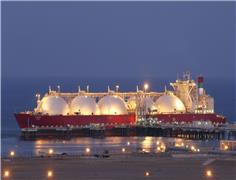
Vitol Group confirmed that it’s starting to rebuild a trading book for metals after a long stint out of the market, with ...
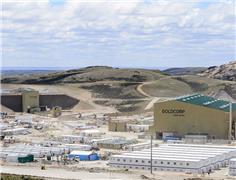
Newmont confirmed on Wednesday that two members of its workforce died this week at the Cerro Negro mine located in the ...
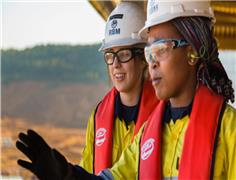
Rio Tinto said on Wednesday it is teaming up with a global venture studio and start-up investor to back the development ...
No comments have been posted yet ...